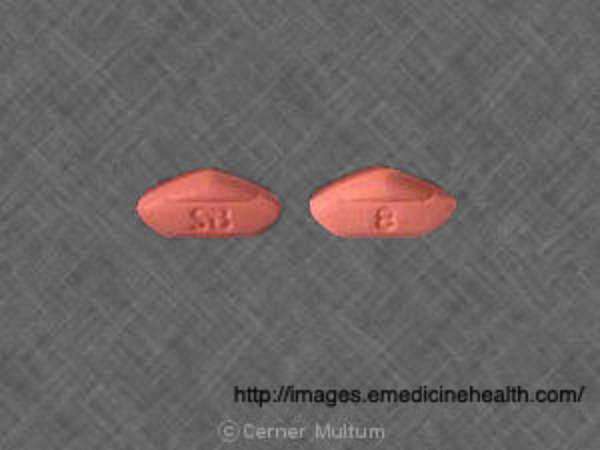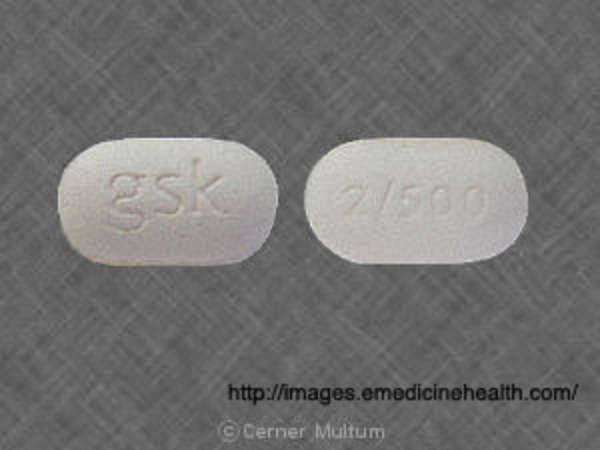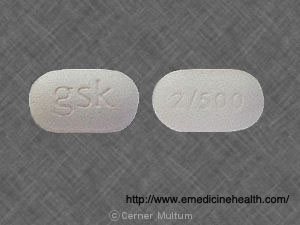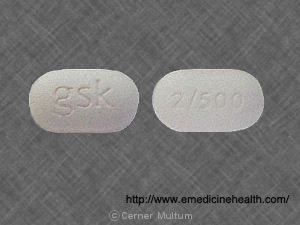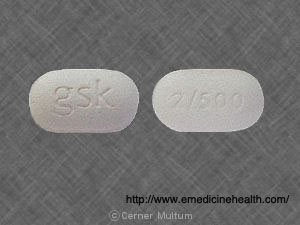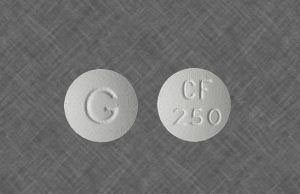Avandia Settlement
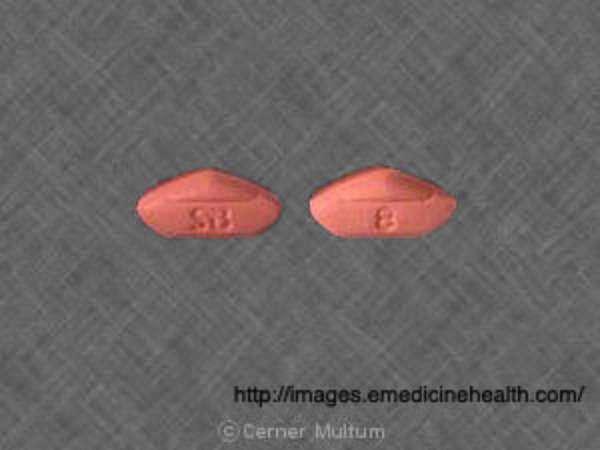
A brief guide to Avandia settlements
Issued to Type II diabetics as well as those at risk of developing this condition, prescription medication Avandia poses many risks. Due to the manufacturer's failure to properly warn patients about potential side effects, obtaining an Avandia settlement has been accomplished by many different lawyers. Your prospective success in obtaining an Avandia lawsuit settlement will ultimately be determined by a variety of factors.
To avoid having to pay Avandia settlements related to malpractice, physicians should carefully explain all the potential risks that come with taking the drug. Some potential side effects are not valid grounds to seek an Avandia settlement. While dangerous, allergic reactions such as hives or throat constriction are warned against in prescription information. If you experience these effects, you are unlikely to be successful when seeking an Avandia lawsuit settlement.
Physicians should inquire as to a patient's medical history and current medications to avoid being forced to pay Avandia settlements. Use of the drug is not recommended for those who have a history of cardiac trouble. In the past, many lawyers have been successful in obtaining an Avandia settlement on behalf of clients who experienced heart attacks or strokes related to Avandia treatment. However, current warning information is specific enough to potentially preclude obtaining an Avandia lawsuit settlement.
Many Avandia settlements were obtained through class-action lawsuits. In such legal actions, multiple patients harmed by the drug were granted a percentage of an overall Avandia settlement. Should you contemplate this action, you must first find out if you can be added to the list of plaintiffs seeking this type of Avandia lawsuit settlement. If not, an Avandia settlement will have to be sought on an individual basis.
You will not be able to seek Avandia settlements if you experience adverse effects related to disregarding a physician's instructions. By taking steps contrary to instructions, you invalidate any claim to an Avandia lawsuit settlement. While no serious overdose effects have been reported concerning the drug, any deviation from a prescribed ingestion schedule will make it impossible to pursue an Avandia settlement.
Before pursuing Avandia settlements, you should first resolve all medical issues. Though you may not be able to obtain an Avandia lawsuit settlement, your insurance policy may be able to compensate you for part or all of your medical expenses. An Avandia settlement may also be paid by your physician's malpractice insurance.
If you wish to pursue Avandia settlements, you should speak with a lawyer experienced in litigation related to prescription medication. This type of attorney will be best qualified to evaluate whether Avendia lawsuit settlement is likely to be granted. Do not attempt self-representation. Proving that you are entitled to Avandia settlements is a complicated matter unlikely to be successfully handled by a non-lawyer.
You may be able to pursue an Avandia lawsuit settlement even if you cannot afford to pay for a lawyer. A lawyer who evaluates your case and concludes you are likely to be awarded compensation may offer to pursue an Avandia settlement for free. Working on a "contingency" basis, they will receive payment only in the form of a percentage of your Avandia lawsuit settlement.



